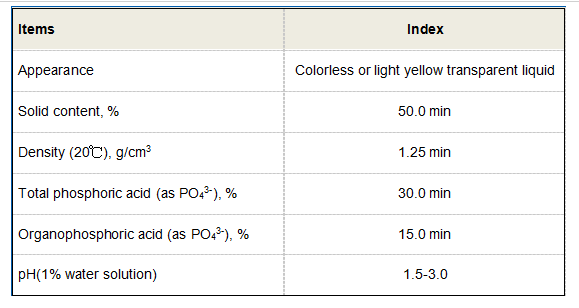chloro methyl isothiazolinone
Chloro Methyl Isothiazolinone (CMI) is a widely utilized biocide and preservative, particularly recognized for its effectiveness in preventing microbial growth in various products, including cosmetics, personal care items, paints, and industrial formulations. Its broad-spectrum antibacterial and antifungal properties make CMI a popular choice in many industries where product stability and longevity are crucial.
.
Despite its effectiveness, the use of CMI has raised concerns regarding its potential allergenic effects. Reports of allergic reactions to products containing CMI have increased over the years, leading regulatory bodies to conduct more extensive reviews and assessments of its safety. The European Union, for instance, has enacted stricter regulations concerning the permissible levels of CMI in consumer products, reflecting a growing awareness of the potential risks associated with its use.
chloro methyl isothiazolinone

Consumer awareness around allergens has also led to a shift in the market, with many brands exploring alternative preservatives that can provide similar antibacterial and antifungal properties without the associated risks. Natural preservatives, such as certain essential oils and plant extracts, are increasingly being considered as replacements, thereby aligning with consumer preferences for cleaner and safer product formulations.
In conclusion, while Chloro Methyl Isothiazolinone offers significant benefits in terms of stability and microbial control, it is essential for manufacturers to balance those benefits against potential health risks. As regulations evolve and consumer demand for safer products increases, further innovations in preservation techniques and ingredients are likely to emerge. Understanding the implications of CMI use, along with continuous research into alternatives, will be crucial for the cosmetics and personal care industries moving forward. Manufacturers must strive to ensure the safety and satisfaction of their consumers while maintaining product efficacy in a rapidly changing market landscape.
-
Understanding Polycarboxylic Acids: Properties, Applications, and Future PotentialNewsJul.28,2025
-
Scale Inhibitor Explained: How to Protect Your System from Limescale and Hard Water DamageNewsJul.28,2025
-
Scale and Corrosion Inhibitors: Essential Chemicals for Industrial Water System ProtectionNewsJul.28,2025
-
Polyaspartic Acid: A Biodegradable Polymer for Sustainable ChemistryNewsJul.28,2025
-
Isothiazolinones: A Versatile Antimicrobial Class with Industrial Power and Regulatory ChallengesNewsJul.28,2025
-
A Deep Dive into 2-Phosphonobutane-1,2,4-Tricarboxylic Acid (PBTC)NewsJul.28,2025





